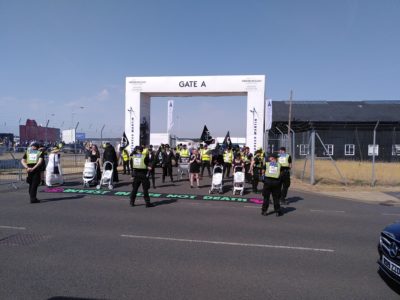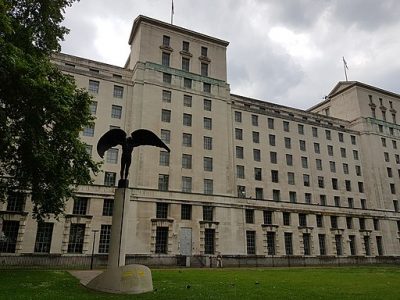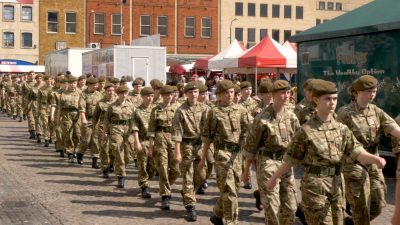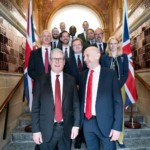Press release: Questioning the involvement of the military in education: a series of public debates
ForcesWatch press release
On 18 September ForcesWatch (1) begins its national series of public events that will debate whether the armed forces should be involved in education activities in UK schools and colleges. Events will take place in Oxford (18 September), Bath (20 September), Edinburgh (11 October), Norwich (23 October) and London (25 October).
Speakers, including ex-Army officers, education professionals, local politicians and academics, will join ForcesWatch and teachers, parents and governors, to discuss the ethical concerns around the involvement of the armed forces in young people’s education and the rise of militarism in schools.
Whilst politicians and senior armed forces officers call for more armed forces-led activity in education, the panel will be responding to the question: ‘Does the military have a role to play in schools?’ The event aims to encourage a healthy debate exploring whether the agenda of the armed forces is compatible with that of the schools they visit.
The armed forces visit around 8,800 state and private schools each year engaging in the region of 900,000 students (2). During these visits they provide free resources, presentations, cadet forces and a variety of other activities. Recruitment of young people into the forces is identified as one of three outcomes, along with raising awareness about the armed forces and social development (3).
The Department of Education ‘military ethos and skills’ programme includes a number of schemes that seek to present a military approach as a solution to educational problems (3). Other developments could see schools being run exclusively by ex-forces personnel or sponsored by the MoD and the armed forces (4). Many teachers (5), governors, students, parents and others question whether it is appropriate for the military to engage with young people in schools and colleges.
Notes:
1. ForcesWatch is a UK organisation that challenges the ethics of military recruitment and questions the climate of uncritical national pride in the armed forces.
2. Supplementary Memorandum from the Ministry of Defence, in House of Commons Defence Committee. Recruiting and Retaining Armed Forces Personnel, (Fourteenth Report of Session 2007-08).
Youth/schools engagement surveys conducted by the MoD suggest that, at a minimum, around 900,000 children (mainly 8-19 years old) are contacted each year, which is about 15% of the age group.
3. Youth Engagement Review: Final Report, MoD, December 2011
4. See the ForcesWatch briefing ‘Military activities in UK schools’ (Sept 2012):
http://www.forceswatch.net/content/public-debates-questioning-presence-military-schools
5. In 2008 the NUT passed a resolution to support efforts to counter military engagement with schools. The resolution was passed in light of the 1996 Education Act’s ban on political bias within the classroom, arguing that the armed forces are not apolitical and represent political interests. http://www.teachers.org.uk/node/7416
See more: military in schools/colleges, ForcesWatch










